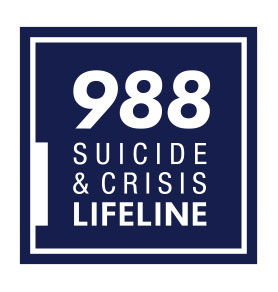Thank you for visiting.
Labor Assistance Professionals (LAP) is a 501(3)(c) non profit organization.
Website visitors who are not members of a recognized LAP chapter have unrestricted access to general information about the LAP organization, news updates, and other non-sensitive information.
Visitors do not have access to pages reserved exclusively for LAP members in good standing which may contain sensitive information both personal and organizational in nature. Access to these pages requires LAP membership, registration, and a user name and password.
LAP is dedicated to obtaining comprehensive alcohol and drug treatment and mental health services for our members at a reasonable and fair price. In addition, we advocate for member assistance program development within labor, and for recognition of the key role labor plays from the field’s professional organizations and treatment providers.
We are open to comments and suggestions about existing web communications and how to better serve the communications needs of our members.
| Mission Statement |
|
The National Labor Assistance Professionals (LAP) has been formed exclusively to achieve the educational objectives identified in the below mission statement. It has been adopted by vote of the Board of Directors.
Download:
 missionstatement.pdf missionstatement.pdf
|
| History |
|
Labor Assistance Professionals (LAP) was established in 1990 to promote the development of peer-based Member Assistance Programs (MAPs) within the labor movement.
Until the 1970s, most substance abuse programs in the US were informal, community based, voluntary self-help groups such as AA.
Download:
 laphistory.pdf laphistory.pdf
|
| Personal History Videos of LAP Pioneer Mickey Diamond |
|
Mickey Diamond was a member of the LAP New York City chapter and an early pioneer in the development of union-based occupational alcohol programs in the workplace. The LAP organization honors him each year with a presentation of the "Mickey Diamond" award to a deserving LAP member at the summer conference.
"Mickey Diamond was not only a leader, but an innovator in the world of alcohol treatment programs in the workplace. In this interview he gives the viewer a small glimpse of his life story and into what it was like to be in the field in the early years of Employee Assistance Programs. Mickey died less than a month after this interview, he is sorely missed." - ILR School, Cornell University
|
Page Last Updated: Dec 13, 2012 (13:30:00)
|



